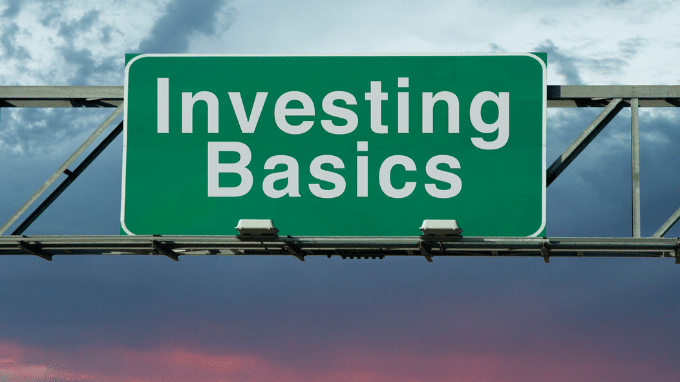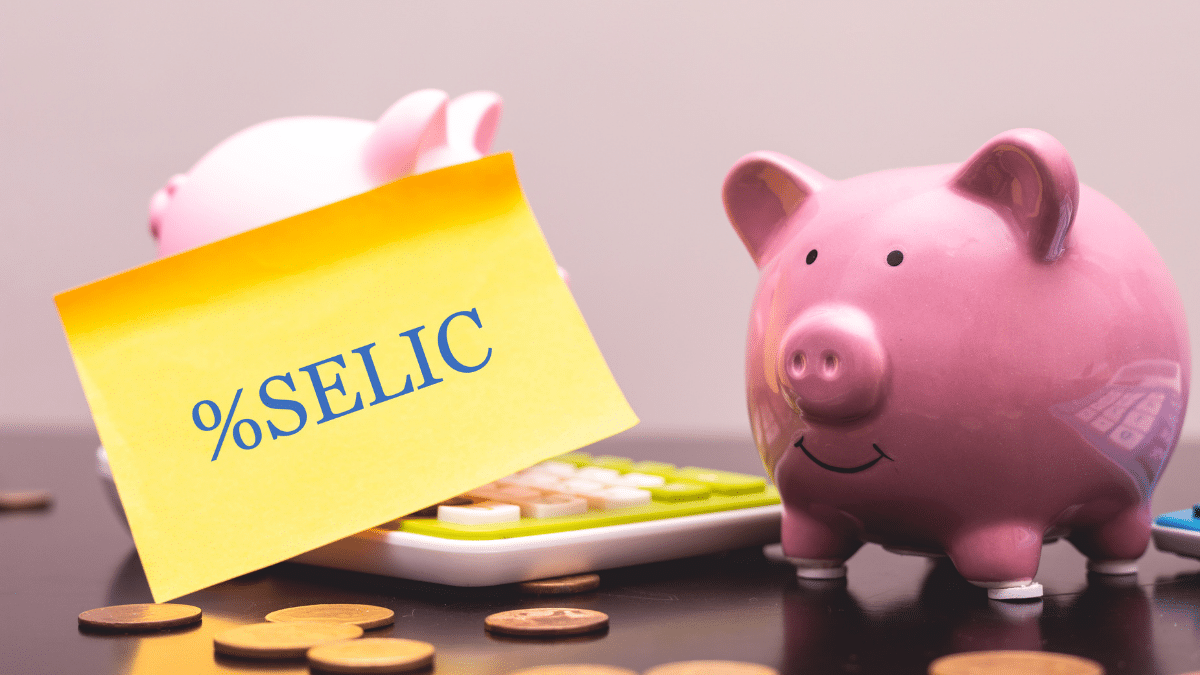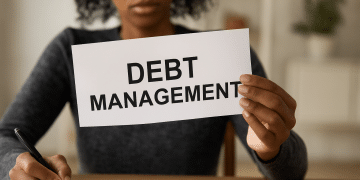Investment Basics Every South African Should Know Before 30

Do you want to be financially free before 40?
Then you need to start investing before 30.
It’s that simple.
Saving is great. Budgeting is essential.
But if you want to build real, long-term wealth, you need to put your money to work.
Yet for many South Africans, the idea of investing feels distant, complicated, or even scary.
Maybe you’ve asked:
- Where do I even start?
- How much money do I need?
- What if I lose everything?
The truth is, investing doesn’t have to be hard—or risky.
It just takes the right information and a willingness to start small.
In this guide, we’ll walk through the investment basics every South African should know before the age of 30.
We’ll keep it real, practical, and 100% local.
Because good money decisions today lead to great opportunities tomorrow.
And building financial literacy South Africa starts one smart step at a time.
Why Investing Early Matters (Even If You’re Broke)?
Here’s the thing most people don’t realise:
Time is more powerful than money.
Thanks to compound interest, the earlier you start investing, the more your money grows—without you needing to lift a finger.
Let’s say you invest R500 a month from age 25.
At 10% annual growth, by age 55 you’ll have over R1 million.
But if you wait until 35 to start?
You’d only end up with around R400,000—even if you invested the same amount.
That’s the magic of time in the market.
So yes, investing early—even with small amounts—is one of the smartest moves you can make.
Investment Basics Every South African Needs to Understand
Let’s break down the key terms and tools you’ll need to build a strong financial foundation.
1. What Is Investing?
Investing is using your money to buy an asset—something that grows in value or pays you back over time.
The goal? To build wealth and beat inflation.
It’s different from saving, which just stores your money.
Investing makes your money work for you.
2. How Is It Different from Saving?
| Feature | Saving | Investing |
| Purpose | Short-term goals/emergencies | Long-term wealth building |
| Risk | Low | Medium to high (depending on the asset) |
| Return | Low (around 3–5%) | Higher (6–12%+ over time) |
| Access | Immediate | Can be limited (shares, property) |
You need both in your financial plan.
Save for safety. Invest for growth.
Read More – Creating a Budget That Works for You in South Africa

3. Types of Investments in South Africa
Here are the main options available to young investors:
-
Shares (Equities)
- You own a small part of a company
- Traded on the JSE or global exchanges
- High return potential over time
- Can go up or down in the short term
-
ETFs (Exchange-Traded Funds)
- Bundles of shares in one product
- Lower fees and less risk than picking individual stocks
- Ideal for beginners
-
Unit Trusts
- Similar to ETFs but actively managed
- Offered by banks and investment platforms
- Good for long-term investingRSA Retail Bonds
- Safe, low-risk investment offered by the SA government
- Fixed interest rates
- Great for first-time investors looking for capital preservation
-
Property
- Buying real estate for rental income or value growth
- High upfront costs, but good long-term asset
- REITs (Real Estate Investment Trusts) offer property exposure without buying a building
-
Tax-Free Savings Accounts (TFSAs)
- Government-approved accounts where all earnings are tax-free
- Invest in ETFs, unit trusts, and more
- Max contribution = R36,000 per year
- A must-have for young investors
4. How Much Money Do I Need to Start?
Not as much as you think.
- With EasyEquities, you can invest from R5
- Some TFSAs require R250/month
- Bonds can start at R1,000 once-off
You don’t need thousands to start investing—you just need consistency.
5. Where Do I Learn More about Investment Basics?
Education is everything.
And luckily, South Africa is packed with resources to build your knowledge:
-
Money management courses (Online & In-person):
- Business Optimization Training Institute – Beginner-friendly courses with South African context
- Smart About Money (SASI) – Free, self-paced modules
- Old Mutual On the Money – In-person workshops and workplace seminars
- Investment apps and platforms:
- EasyEquities
- Satrix
- 22seven (budgeting + investment overview)
-
Podcasts & YouTube Channels:
- The Fat Wallet Show (local investing)
- The Money School with Samke Mhlongo
- Personal Finance with Warren Ingram
Boosting your financial planning education doesn’t have to be boring—it just has to be relevant.

6. How to Start Investing in 5 Simple Steps
Feeling ready? Follow this roadmap:
Step 1: Set a Goal
- Are you investing for retirement? A home deposit? Travel fund?
- Define your goal and time frame.
Step 2: Build an Emergency Fund
- Save at least 1–3 months’ worth of expenses before investing heavily.
- This protects you if something goes wrong.
Step 3: Choose Your Platform
- Use EasyEquities, SatrixNOW, or a trusted bank.
- Open a TFSA if you haven’t yet.
Step 4: Pick an Investment
- Start with a balanced ETF (like Satrix Top 40).
- Avoid trying to “time the market.”
Step 5: Automate It
- Set a debit order every month.
- Treat your investments like a non-negotiable expense.
7. Common Investment Mistakes to Avoid
Even the smartest investors mess up.
Avoid these traps early:
- Trying to get rich quick
- Putting all your money into one asset
- Following hype without research
- Ignoring fees (they eat your profits over time)
- Waiting for the “perfect time” to start
Start small. Stay steady. Grow slowly.
You may also like: Beginner’s Guide to Financial Literacy in South Africa (Free Course Inside)
8. Real South African Stories
Lungile, 27, Johannesburg
“I started investing R300/month into a TFSA in 2020. Now I’ve got R21,000—and I didn’t feel the pinch. I’m proud of myself.”
Zaid, 24, Cape Town
“I took a money management course on Udemy and learned how ETFs work. That gave me the confidence to start investing.”
Bonolo, 29, Durban
“My company offered a workshop through Fineduza. I never thought I could invest—but now I put away R1,000/month into a global ETF.”
These are regular people, just like you.
If they can do it, so can you.
Why Investment Basics Matter for Financial Literacy South Africa
Financial knowledge is a tool.
It helps you make better decisions, avoid costly mistakes, and prepare for the future.
By learning investment basics before 30, you:
- Build habits that last a lifetime
- Avoid the cycle of living paycheck to paycheck
- Learn how to grow wealth with purpose
- Make confident choices about your financial future
And when more young South Africans invest wisely, it strengthens communities, families, and the economy.
That’s the ripple effect of financial literacy South Africa needs.
Conclusion: Start Small. Think Long. Learn Always.
You don’t need to know everything to get started.
You just need to start with Investment Basics.
Whether it’s R50 in an ETF, your first financial planning education course, or downloading a budgeting app—every step counts.
Because your 30s will thank you for the decisions you make in your 20s.
And financial freedom isn’t built overnight—it’s built with smart, simple habits repeated over time.
So take a deep breath, pick your first investment, and begin.
You’ve got this.

FAQs Regarding South African Before Thirty Investment Basics
-
Is young person’s investing dangerous?
Though there is some risk involved in all investments, young individuals have time advantage. You can thus ride out temporary losses for long-term benefits.
-
For novices, what is the ideal first outlay?
Starting low-cost, low-risk with a Tax-Free Savings Account (TFSA) including a diversified ETF is fantastic.
-
Should I clear debt before making investments?
Indeed; give high-interest debt first priority. Still, if you budget wisely, you may invest little amounts and lower debt.
-
How often ought I monitor my investment?
Enough would be monthly or quarterly. Steer clear of compulsively monitoring everyday changes; concentrate on long-term development.
-
Is there any way I might learn investing without paying for a course?
Totally. Many sites include Fineduza, Smart About Money, and YouTube channels provide free, excellent instruction.





